I was not looking for my dreams to interpret my life, but rather for my life to interpret my dreams
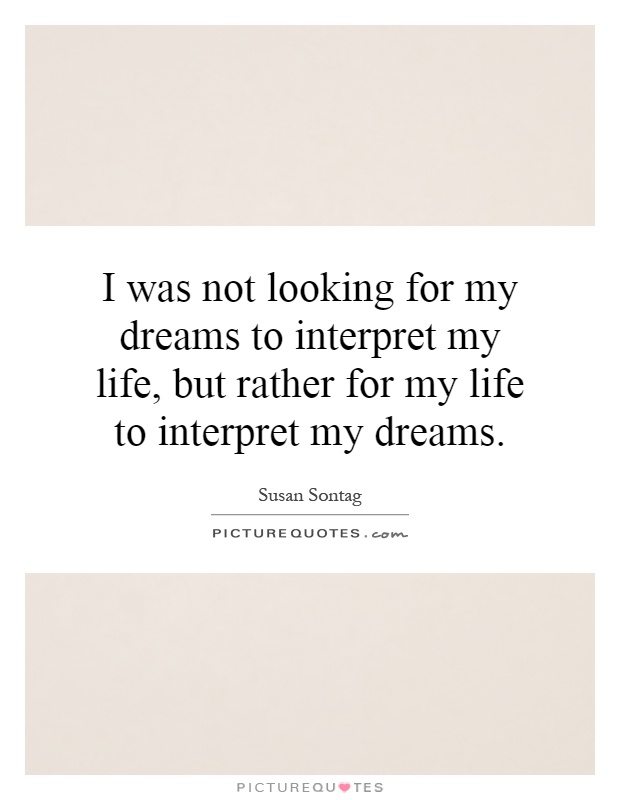
I was not looking for my dreams to interpret my life, but rather for my life to interpret my dreams
Susan Sontag, a renowned American writer, filmmaker, and philosopher, was known for her profound insights into art, culture, and society. She was a firm believer in the power of dreams and the subconscious mind to reveal hidden truths about ourselves and the world around us. Sontag once famously said, “I was not looking for my dreams to interpret my life, but rather for my life to interpret my dreams.”This statement encapsulates Sontag’s belief that our dreams are not just random images or fantasies, but rather a reflection of our innermost thoughts, desires, and fears. She believed that by paying attention to our dreams and analyzing them, we can gain a deeper understanding of ourselves and the world we live in. Sontag saw dreams as a window into the subconscious mind, a realm where our true selves are laid bare without the constraints of societal norms or expectations.
For Sontag, the act of interpreting dreams was not just a passive exercise in self-reflection, but an active engagement with the unconscious mind. She believed that by delving into the symbolism and imagery of our dreams, we can uncover hidden truths about our lives and our relationships with others. By allowing our dreams to speak to us, we can gain valuable insights into our fears, desires, and motivations, and use this knowledge to navigate the complexities of our waking lives.
Sontag’s approach to dream interpretation was deeply influenced by her interest in psychology, philosophy, and literature. She saw dreams as a form of storytelling, a narrative that reveals the inner workings of the human psyche. By studying our dreams and reflecting on their meanings, we can gain a deeper understanding of ourselves and the world we inhabit.
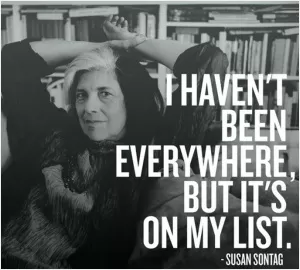
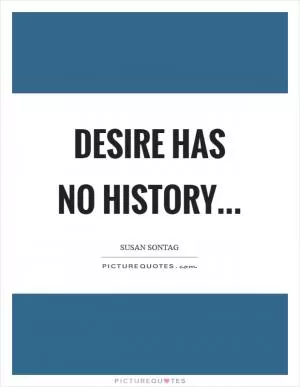
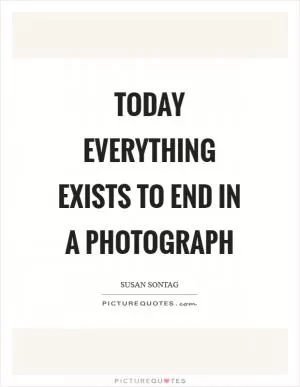
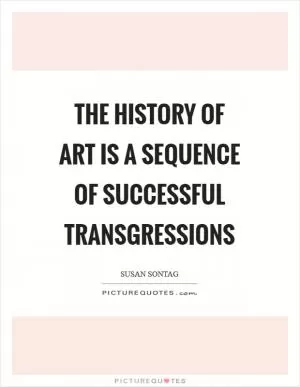

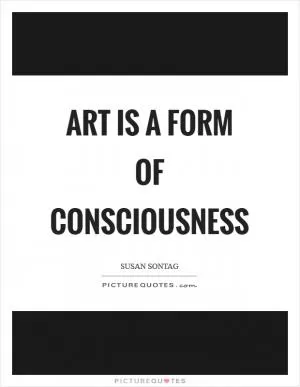
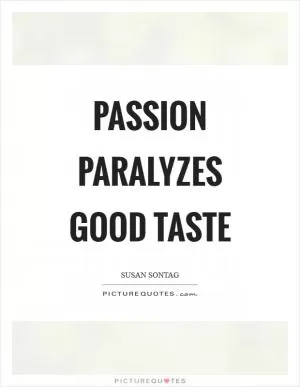
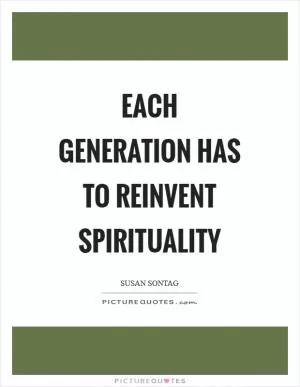
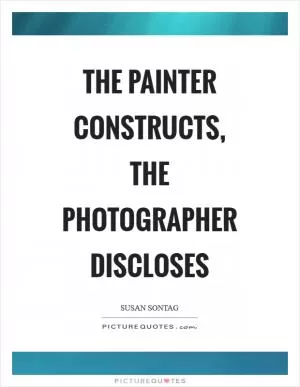

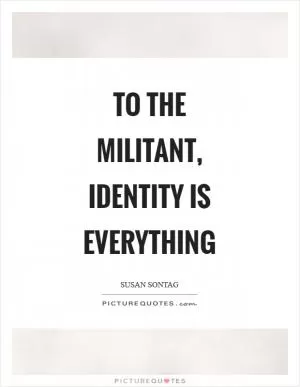
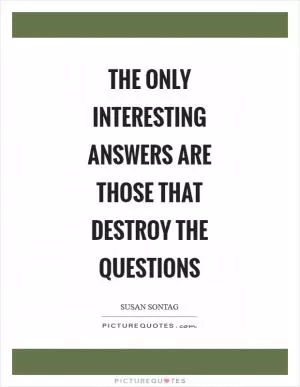
 Friendship Quotes
Friendship Quotes Love Quotes
Love Quotes Life Quotes
Life Quotes Funny Quotes
Funny Quotes Motivational Quotes
Motivational Quotes Inspirational Quotes
Inspirational Quotes